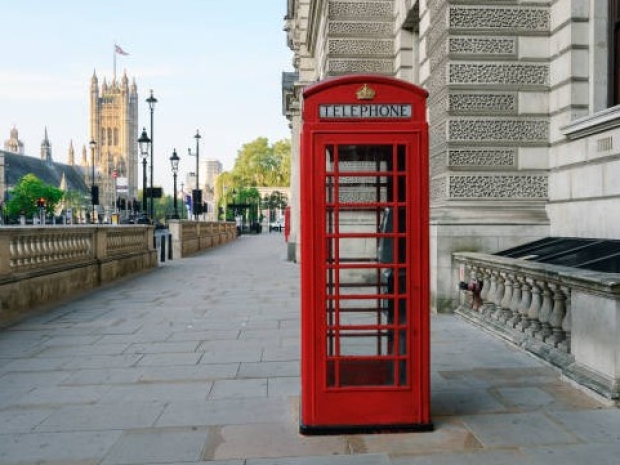The report, which assessed 15 major cities across Europe, found that London lags behind in 5G availability, speed, and overall reliability, echoing last year’s findings. Brussels also performed poorly, highlighting a need for significant network improvements.
Meanwhile, Porto and Stockholm emerged as the best cities for 5G Quality of Experience (QoE), both scoring an impressive 4.78 out of 5. Porto excelled in data and OTT experience, achieving the lowest gaming average jitter at just 10 ms and peak speeds exceeding 800 Mbps in the fastest 10 per cent of sessions.
Stockholm led in video streaming, with a 95 per cent rate of 4K playback time, and boasted a top-tier median 5G upload speed of over 116 Mbps.
Lisbon secured third place, providing the most reliable service with 99.63 per cent successful Internet sessions. The city also recorded the fastest 5G download speed, reaching 1.9 Gbps, making it the top performer for data-intensive applications.
Copenhagen, another strong competitor, led in 5G availability with an 86.99 per cent technology registration rate.
The study was conducted through extensive drive tests in Q4 2024, covering over 5,500 kilometres across cities with a combined population of more than 60 million.
Findings indicate that, on average, users in major European cities remain connected to 4G for 25 per cent of the time, while 10 per cent of 5G connections lack mid-band spectrum, limiting performance potential.
MedUX SVP EMEA Rafael González said the report underscores the importance of a holistic approach to 5G quality.
“While coverage and speed remain key factors, high-quality 5G connectivity and consistent performance across all services and applications are crucial for delivering a truly superior user experience.”
“Our field measurements confirm that, on average, in major European cities, end-users are connected 25 per cent of the time simply to 4G. Furthermore, of the remaining 75 per cent connected to 5G, 10 per cent of deployments lack mid-band spectrum. This reality dampens the transformative potential of 5G and calls for urgent policy and investment shifts toward dedicated high-quality 5G deployments for enhanced experience and reliability. Addressing these issues is crucial for Europe to ensure universal 5G coverage across all urban areas by 2025 and to fully use the benefits of 5G technology.”
The report calls for urgent policy and investment shifts to improve 5G infrastructure, warning that without dedicated high-quality 5G deployments, Europe risks falling short of universal 5G coverage by 2025.




